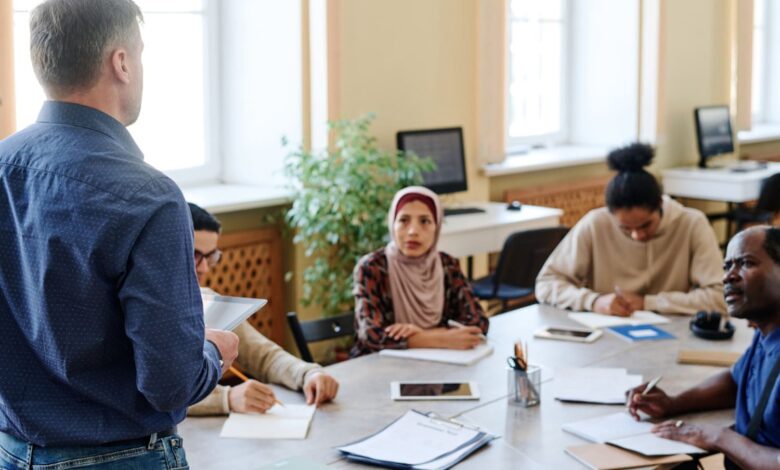Enhancing Practical and Communication Skills through Innovative Laboratory Teaching Methods

Prof. (Dr.) MP Poonia, Campus Director – Baba Farid Group of Institutions (BFGI)
One of the significant challenges faced by students, particularly those from rural backgrounds, is the ability to communicate effectively in English. While they may have strong technical knowledge, the lack of fluency and confidence in English often becomes a barrier in academic and professional environments. This communication gap can hinder their ability to present ideas, participate in discussions, or perform well in interviews, thereby restricting their academic and career growth.
To address this challenge, I believe that communication skills should not be taught as a separate subject but should be integrated into every discipline. Teachers should embed opportunities for students to develop listening, speaking, reading, and writing abilities (LSWR) within the context of their subjects. This holistic approach ensures students build confidence and proficiency across all aspects of language use.
As an educator committed to the holistic development of my students, I implemented a unique teaching approach during my tenure as a Professor in the Mechanical Engineering Department at Malaviya National Institute of Technology (MNIT), Jaipur. This strategy enhanced both practical skills and communication abilities, particularly in the internal combustion engines course, which I taught both theoretically and practically.
Innovative Laboratory Teaching Approach
In this approach, laboratory sessions were planned for three hours. Students began by conducting experiments in groups of five, with each group assigned a different experiment. To optimize the time, the hands-on portion was limited to two hours, leaving a dedicated one-hour session for student presentations. Each student was required to individually present their findings in two to three minutes, explaining their learning outcomes and answering questions from peers and myself.
This presentation exercise aimed to enhance students’ English-speaking skills, particularly in technical subjects. It helped students overcome public speaking hesitation, reinforced their understanding of the experiments, and created a real-world scenario for explaining complex concepts clearly and concisely.
Continuous Assessment and Structured Reporting
Continuous assessment played a key role in this approach. Students were graded on their presentation clarity, explanation and engagement during discussions. Those who asked insightful questions were also rewarded, fostering an interactive learning environment.
Additionally, students were required to submit a written report in the form of a research paper. This report followed a structured format, including objectives, introduction, literature review, experimental setup, observations, calculations, results, discussions, conclusions, suggestions for future work and references. Reports were submitted electronically and reviewed in detail, with feedback provided to guide improvements in writing and academic presentation.
Transformative Outcomes
The results of this approach were transformative. Students developed a deeper understanding of technical concepts and improved their communication skills. Many began proposing innovative methods for experiments, referencing research papers and handbooks. Some even presented their findings at academic conferences, showcasing their growing confidence and academic rigor.
This exercise also significantly enhanced students’ employability. During job interviews, they confidently discussed technical concepts and demonstrated their expertise in research and communication, making them stand out as strong candidates.
Application at BFGI
As the Campus Director at Baba Farid Group of Institutions (BFGI), I am encouraging faculty to adopt similar practices to further enhance our students’ practical, research and communication skills. At BFGI, we aim to integrate innovative teaching methods that prepare students for academic and professional excellence.
Conclusion
This experience has reinforced the importance of innovation in teaching. When students are actively engaged through practical experiments, presentations and written reflections, they not only master technical content but also gain the confidence to succeed in professional and academic environments. I encourage fellow educators to explore such methods to create a more interactive and impactful learning experience for their students.






